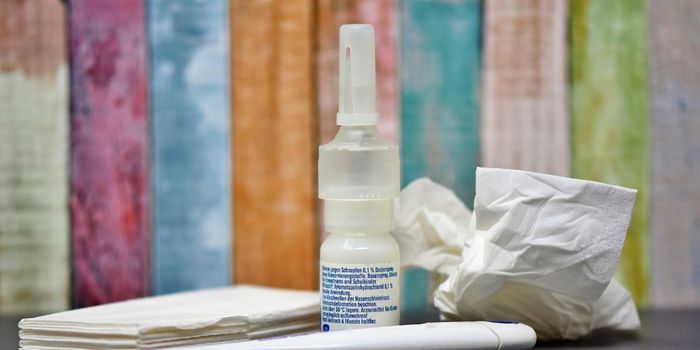Fecal Transplants Could Treat Irritable Bowel Syndrome
According to the American College of Gastroenterology, between 10 and 15% of Americans have Irritable Bowel Syndrome (IBS). Although treatments are currently available to ease its symptoms, there is currently no cure. Researchers from the University of Bergen in Norway have now found however that a fecal transplant may be a viable treatment option.
Although the cause of IBS is unknown, some have suggested that it may be linked to abnormalities in the microbiome, or the bacteria and microorganisms present in the gut. Thus, fecal microbiota transplantation (FMT), the process from which stool is processed from a donor and transplanted into the gut of a patient, has been suggested as a solution (Carroll: 2019).
To understand whether this is the case, the researchers recruited 164 patients who had been diagnosed with IBS and reported moderate to severe symptoms. In a randomized double-blind placebo controlled trial, they were then assigned to receive a solution of 30g containing their own feces (the placebo) or a solution of either 30g or 60g containing the feces from a donor with healthier microbiota. Both doses were delivered via a tube inserted via the mouth to the small intestine.
The patients were then checked three months later. While 23.6% of those in the placebo group reported moderate improvements in their symptoms, this figure stood at 76.9% for those in the lower dose group, and 89.1% for those in the higher dose group. Furthermore, whereas only 5.5% of the patients in the placebo group reported complete disappearance of their symptoms, for the lower dosage group, this figure stood at 35.2%, and for the higher dosage group: 47.3% (Spink Health: 2019).
Checking the patients again a year later, the researchers confirmed that the effects of the treatment have been robust. The study’s lead researcher Magdy El-Salhy said, “The preliminary results (suggest) most, 90 to 95 percent, of the responded patients are still well and about 50 percent are still ‘cured’(Carroll: 2019)”
A promising potential treatment for IBS, El-Salhy nevertheless warns that it may be difficult to replicate these results as it is not always so easy finding such a healthy donor. He said, “We got lucky when we found our donor after screening several other candidates, and we hope the selection criteria we used will help other groups find similar individuals.”
He did however propose a solution: “The use of frozen faeces eliminates the logistical problems associated with FMT involving fresh faeces, making it possible to establish bio-banks for the routine use of FMT in clinical practice (Spink Health: 2019)."
Sources
Linda Carroll: NBC News
Spink Health: Eureka Alert









